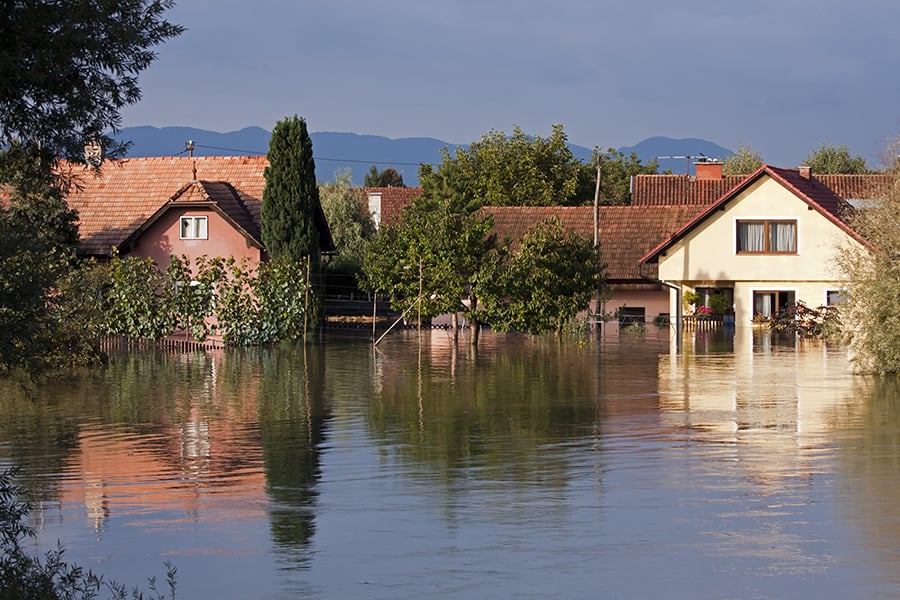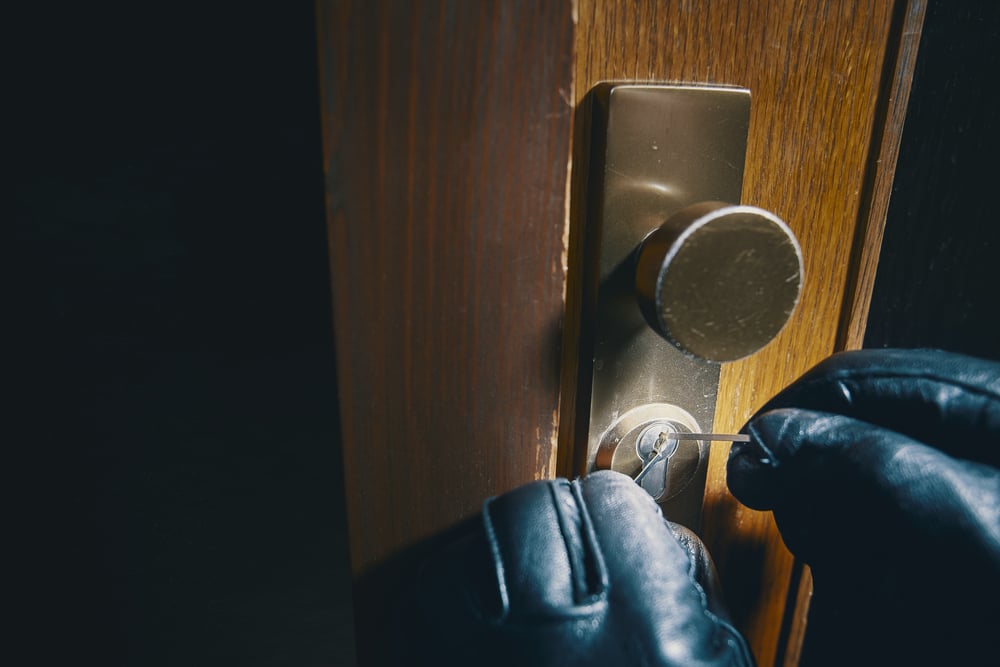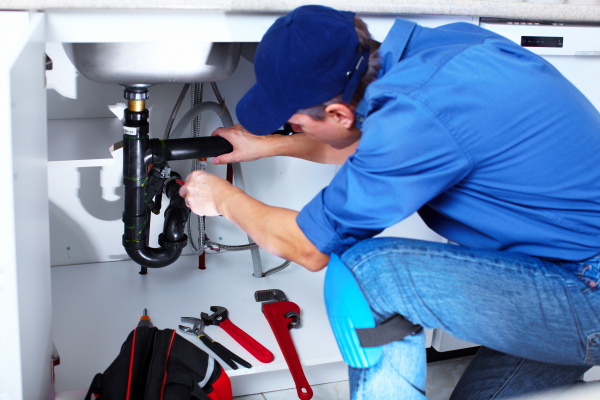5 Ways To Protect Your Home from Spring Floods and Water Damage
April showers, while bringing promises of flowers and spring greenery, can also pose a threat to your home when temperatures and water levels begin to rise. Melting snow and spring storms are liable to cause additional concerns as well. Soggy soil can spell disaster for plants, and if water damage occurs, it can be very costly. As those who have dealt with floods know, when sewage and debris invade your home, even an inch of water can result in thousands of dollars spent on repairs. Most communities in the US will experience flooding at some point in the spring season, but luckily, there are preventative measures you can take to keep your basement- and the rest of your property- safe and dry all year.
Check Your Warnings, and Your Coverage
1. Basements are engineered to be a “buffer zone” between your home and fluctuating temperatures and water levels outdoors. As such, many home insurance plans do not cover flood insurance. If they do, basements, their contents, and their floor coverings may be excluded from coverage. Before flood season begins, it’s a good idea to check if you live in a flood zone, or an area where flooding is prone to occur. If your property is in a designated floodplain, it’s important to begin to plan accordingly. Among other preparations, investing in additional insurance may be a wise decision for you and your family.
Close Inspections
2. As our cities and neighborhoods become increasingly urbanized, fields and vegetation are no longer in place to absorb excess groundwater, exacerbating the effects of spring rain showers and melting snow. If your foundation is old and in ill-repair, you’re at a significantly higher risk of finding cracks in the cement. Foundation cracks often result in leaks and water seepage. Walk around the perimeter of your home and look closely for damages in the cement, or have your home inspected by a professional.
Spring Cleaning
3. Drains don’t work if they are clogged with branches and debris. Having clean and efficient downspouts that direct water away from your home during a storm aid in your preventative efforts. After each winter, it’s important to thoroughly clean your gutters, drains and downspouts. Otherwise, water may spill over and pool near the base of your home. Ensure that your downspouts and gutters are secure, and are diverting water at least six feet away from the base of your home. Check your roof for any leaks or weak spots. Also keep an eye on the sewers and drains in your neighborhood, and make sure they aren’t blocked by ice, leaves, or debris.
Maintenance Tips and Tricks
4. There are a number of home improvement measures you can take to further waterproof your home. Consider sealing basements with a waterproofing compound to prevent water from seeping in. Move family memorabilia and heirlooms to an upstairs room. Use rugs on your basement floors, instead of fitted carpets. Install your furnace, electrical panel, and water heater on a higher floor in your house (or even in your attic). And lastly, purchase a sump pump for quick water removal –just in case.
Flood Alarms and Other Security Measures
5. Flood alarms, and other early-detection systems designed to warn customers of water damage, have entered the market. Some home security systems like Honeywell, Brinks Broadview, and others actually offer flood monitoring as part of their services, and can alert you to the risk of an impending flood before it happens. Some water alarm systems even sound an audible alarm when they come into contact with just 1/16” of an inch of water. Other automated systems are also capable of alerting customers via cell phone, in case residents aren’t at home when the flooding occurs.
We can depend on rapidly changing weather and potentially calamitous storms to occur every spring. Water damage is often difficult and costly to repair, not to mention dangerous to your family’s health. Plan ahead this year, and protect your home and your family from floods.
Contributing Author:
Beth Kelly is a freelance blogger and researcher. In her free time, she likes fixing old cameras and learning to speak new languages. She was born and raised in Michigan but now resides in Chicago, IL. Follow Beth on Twitter.










Comment (1)
[…] fire prevention planning. The steps outlined above will substantially decrease the odds of a home disaster, avoid injuries and preserve […]